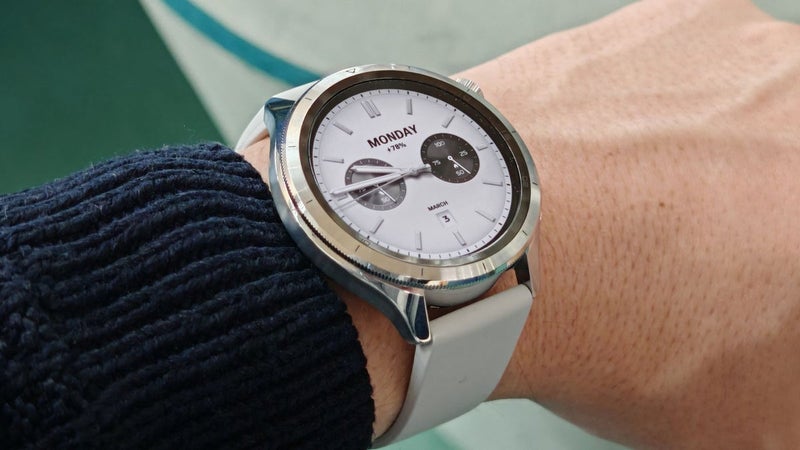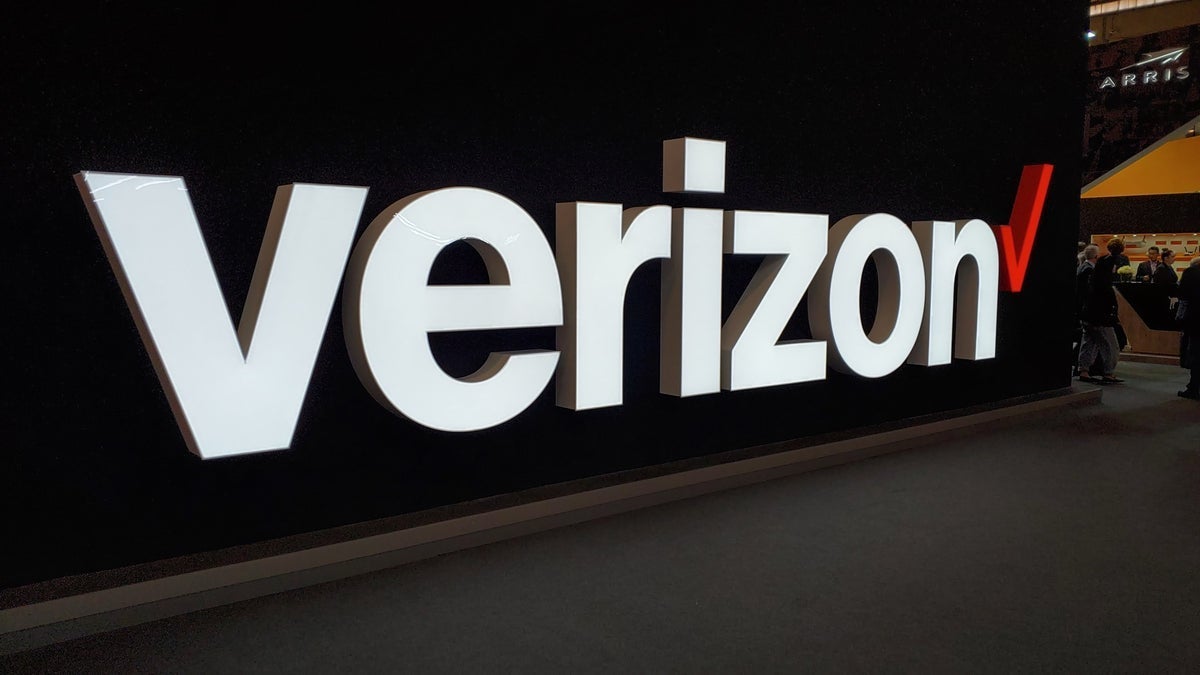Hold on to your iPhones, folks. A storm is brewing in the tech world, and it’s not just a software update. It’s a full-blown legal battle. A group of frustrated iPhone users have filed a lawsuit against Apple, claiming the tech giant misled them with grandiose promises about its artificial intelligence capabilities. Did Apple overhype its AI tech, leaving users feeling like they were duped? We’re breaking down the accusations and exploring the potential implications for the future of AI in smartphones.
The Lawsuit: A Breakdown of the Allegations
Apple’s Promotional Claims: Examining the Specific Language Used

Gizmoposts24 has obtained a copy of the lawsuit, which alleges that Apple’s marketing materials for the latest iPhone models made misleading claims about the capabilities of their AI technology. The plaintiffs argue that Apple used language like “revolutionary AI,” “transformative intelligence,” and “unprecedented learning capabilities” to create a false impression of the iPhones’ true AI prowess.

User Expectations: What Consumers Thought They Were Getting
The lawsuit contends that these promotional statements led consumers to believe that the iPhones possessed a level of artificial intelligence comparable to, or exceeding, that of competitors. Users, according to the complaint, expected features such as advanced natural language understanding, sophisticated predictive capabilities, and genuinely personalized experiences.

The Gap Between Promise and Reality: Where Apple Allegedly Fell Short
The plaintiffs allege that the reality fell short of these expectations. They claim that the AI features in the iPhone, while functional, are limited in scope and lack the depth and sophistication advertised by Apple. The lawsuit argues that Apple’s marketing intentionally obscured these limitations, creating a false perception of the iPhone’s AI capabilities.

Inside the iPhone’s AI: Fact vs. Fiction
Beyond Siri: Exploring Apple’s AI Investments and Capabilities
Apple has undoubtedly invested heavily in artificial intelligence research and development. Their Siri voice assistant, while not always perfect, demonstrates a foundational understanding of natural language processing. Apple has also made strides in areas like image recognition, machine learning algorithms for its camera systems, and personalized recommendations within its App Store and Apple Music.
The Illusion of Intelligence: How AI is (and Isn’t) Used in iPhones
While these advancements are notable, it’s important to distinguish between the hype surrounding AI and its practical applications within the iPhone. Much of the AI functionality users experience is driven by complex algorithms trained on massive datasets. These algorithms excel at identifying patterns, making predictions, and automating tasks. However, they lack the genuine understanding and reasoning abilities associated with human intelligence.
Consider, for example, Siri’s ability to answer questions. While it can provide accurate information on a wide range of topics, it does so by searching its database for keywords and matching them to relevant responses. Siri doesn’t truly comprehend the meaning of the questions or the context in which they are asked.
Transparency and Control: User Concerns About Data Collection and Usage
The Data Dilemma
At the heart of the iPhone users’ lawsuit lies a fundamental concern: the opacity surrounding Apple’s data collection practices in relation to its marketed AI capabilities. Users argue that Apple has overstated the sophistication of its AI, leading them to believe their data is being utilized in more intelligent and personalized ways than is actually the case. This lack of transparency fuels anxieties about how their personal information is being gathered, processed, and potentially exploited.
Gizmoposts24 has consistently emphasized the importance of data privacy in the age of AI. Users have a right to understand what data is being collected, how it is used, and for what purpose. Unfortunately, the complexities of AI algorithms often obscure these practices, making it difficult for consumers to make informed decisions about their data.
Demanding Control
The lawsuit reflects a growing demand for greater user control over personal data. Consumers are increasingly wary of handing over vast amounts of information to tech giants, especially when the intended use of that data is not clearly defined. This case highlights the need for more robust data governance frameworks that empower users to understand and manage their digital footprint.
The Legal Implications: A Ripple Effect Across the Tech Industry
Setting a Precedent
The outcome of this lawsuit could have far-reaching implications for the tech industry as a whole. If successful, it could set a precedent for holding companies accountable for making misleading claims about their AI capabilities. This could lead to a more cautious approach to AI marketing, with companies being more transparent about the limitations of their technology.
This increased scrutiny could ultimately benefit consumers by promoting a more realistic and ethical approach to AI development and deployment. Tech companies may be incentivized to invest more in developing truly intelligent AI systems rather than relying on hype and exaggerated claims.
The Burden of Proof
However, proving false advertising in the rapidly evolving field of AI presents unique challenges. Defining what constitutes a “false” claim in the context of AI, where capabilities are constantly advancing, is a complex legal question. Establishing a clear link between a company’s marketing claims and consumer harm can also be difficult.
Holding Tech Giants Accountable
The lawsuit highlights the crucial role of consumer advocacy in holding tech giants accountable for their actions. Organizations like the Electronic Frontier Foundation (EFF) play a vital role in advocating for user rights and pushing for greater transparency in the tech industry. Their efforts are essential in ensuring that consumers are not misled by exaggerated claims about AI technology.
Moving Forward: What This Means for iPhone Users and AI Consumers
Discerning AI Hype
This case serves as a stark reminder for all consumers to approach AI-related marketing claims with a healthy dose of skepticism. Rather than blindly trusting tech company pronouncements, it is essential to critically evaluate their claims, look for independent verification, and understand the limitations of current AI technology.
Pay attention to the specific functionalities that are being advertised. Don’t be swayed by vague terms like “intelligent” or “revolutionary.” Demand concrete examples and explanations of how the AI technology works in practice.
Demanding Transparency
Consumers have the power to demand greater transparency from tech companies. By voicing their concerns, engaging in public discourse, and supporting organizations that advocate for user rights, they can create pressure for more ethical and accountable AI development.
Support legislation and regulations that promote data privacy and transparency. Make your voice heard by contacting your elected officials and urging them to prioritize consumer protection in the age of AI.
The Future of User Trust
Rebuilding trust in AI technology will require a concerted effort from both tech companies and consumers. Companies must prioritize transparency, accountability, and ethical development practices. Consumers, in turn, need to be informed, discerning, and proactive in protecting their data and rights.
The future of AI hinges on our ability to navigate these complex challenges responsibly. By working together, we can ensure that AI technology serves humanity’s best interests.
Conclusion
The recent wave of lawsuits against Apple by furious iPhone users alleging false advertising of AI capabilities throws a harsh spotlight on the blurry lines between hype and reality in the tech industry. The crux of the issue lies in whether Apple overpromised and underdelivered on the capabilities of its AI features, leaving consumers feeling deceived and misled. While Apple maintains that its marketing is accurate and transparent, the lawsuits raise serious questions about the ethical implications of using AI buzzwords to entice buyers, especially when these capabilities fall short of expectations. This isn’t just a battle over consumer trust; it’s a pivotal moment for the future of AI development and its integration into everyday technology. If these lawsuits gain traction, they could force tech giants to adopt more rigorous standards for advertising AI features, ensuring transparency and realistic expectations for consumers. Moreover, it could encourage a more measured and responsible approach to AI development, focusing on delivering genuine value rather than relying on hype and marketing tactics. Ultimately, the outcome of these lawsuits will have far-reaching consequences, shaping not only the relationship between consumers and tech companies but also the trajectory of AI itself. Are we truly ready for an AI-powered future, or are we being sold a dream that falls short of its promise?



Add Comment